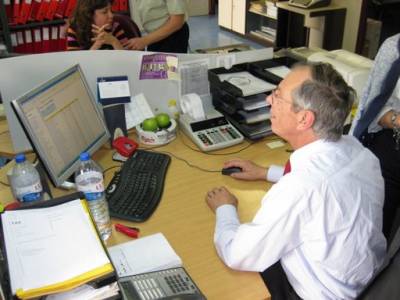Ship Supply – Outlook for 2019
Shipping is entering an interesting phase with smart technology and the drive for greater efficiencies influencing how shipowners and managers react to market conditions. While ship recycling levels work to tackle the tonnage supply/demand imbalance, shipowners are still under pressure to drive costs down and maximise every opportunity to make profit.
According to a report by the leading accountant and shipping advisor Moore Stephens, existing and emerging regulations such as those on ballast water management and greenhouse gas emissions show that shipping is becoming more environmentally aware and accountable. New funds will be needed, and the environmental investment story should prove attractive to many potential
investors. Green doesn’t come cheap, or easy, however, the more so when viewed in the context of rising interest rates. “This year we will see important decisions made on investments to comply with the new environment-driven regulations which are coming into force, and we will have a better idea
of whether the drydocking capacity exists to cope with demand,” it said. But according to Moore Stephens, the industry will face other challenges. Operating costs are set to increase, and hopes will persist that freight rates will do likewise. Tonnage imbalances will endure in some trades. The Baltic Dry Index may behave less erratically than in the latter part of last year. Brexit may finally mean Brexit, which could mean a number of things, but should prove positive for shipping in the UK. The introduction of new lease accounting standards will change things for some, though not their actual cashflows. And, last but not least, the effect of geopolitical influences will continue to be felt throughout 2019. Having said that, ship suppliers continue to face pressure on orders and margins as owners and managers strive to drive prices down. The growth in popularity of procurement platforms like Columbia and BSM’s GenPro initiative are adding to the mix and while those suppliers lucky enough
to be chosen to supply the platform’s fleets can look forward to good orders, margins will come under scrutiny. Looking further afield, there has been a distinct reduction in supplier numbers in North America, India and parts of South America in 2018 while, conversely, membership has increased in China, Indonesia and is stable elsewhere. But generally, margins remain tight and lengthy payment terms continue to challenge suppliers' cash flow positions. In summary: 2019 does not show many grounds for optimism in the ship supply industry.




